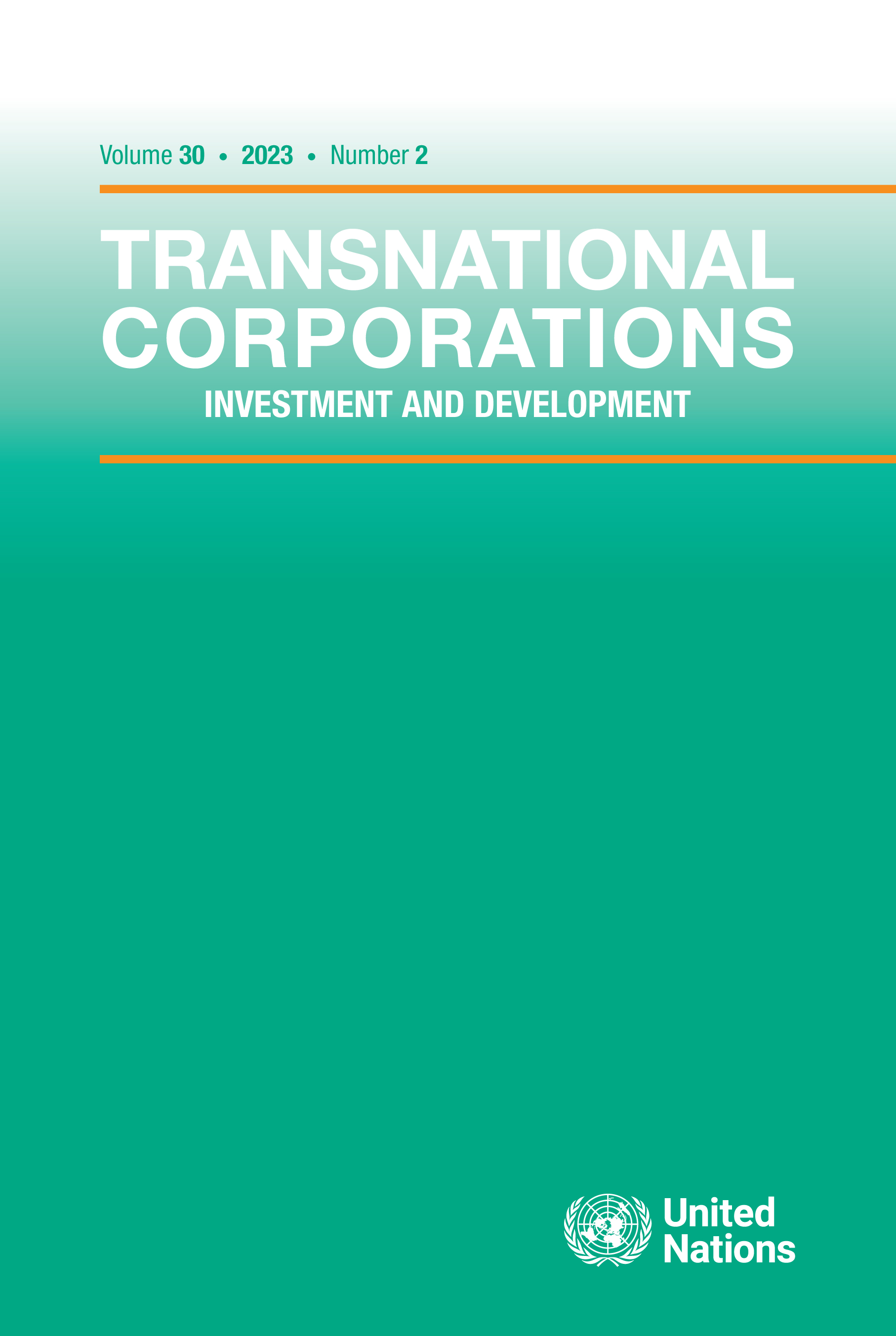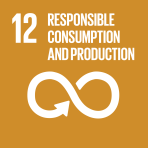-
Globalized production processes and foreign governmental lobbies: Analysing the United States Foreign Agents Registration Act reports
- Source: Transnational Corporations, Volume 30, Issue 2, Aug 2023, p. 105 - 136
-
- 31 Aug 2023
Abstract
This study examines two potentially opposing effects that the current state of trade globalization can have on foreign governmental lobbies in the United States. On one hand, economic globalization and increased flows of goods may lead to more and more contentious issues between trading partners. On the other hand, the growing networks of global value chains (GVCs) may mobilize interest groups in foreign lobbies’ target countries (the United States in this study), whose activities might substitute for those of foreign governmental lobbies. With such linkages, an increase in lobbying activities by domestic producers may reduce the need for direct foreign lobbying on contentious issues. The study reveals different effects of forward and backward GVC linkages, and the results have two main policy implications: first, policymakers should be aware of the growing intricate nature of foreign influence; second, more attention must be paid to political consequences of GVCs’ distributive effects, particularly those from backward linkages.





